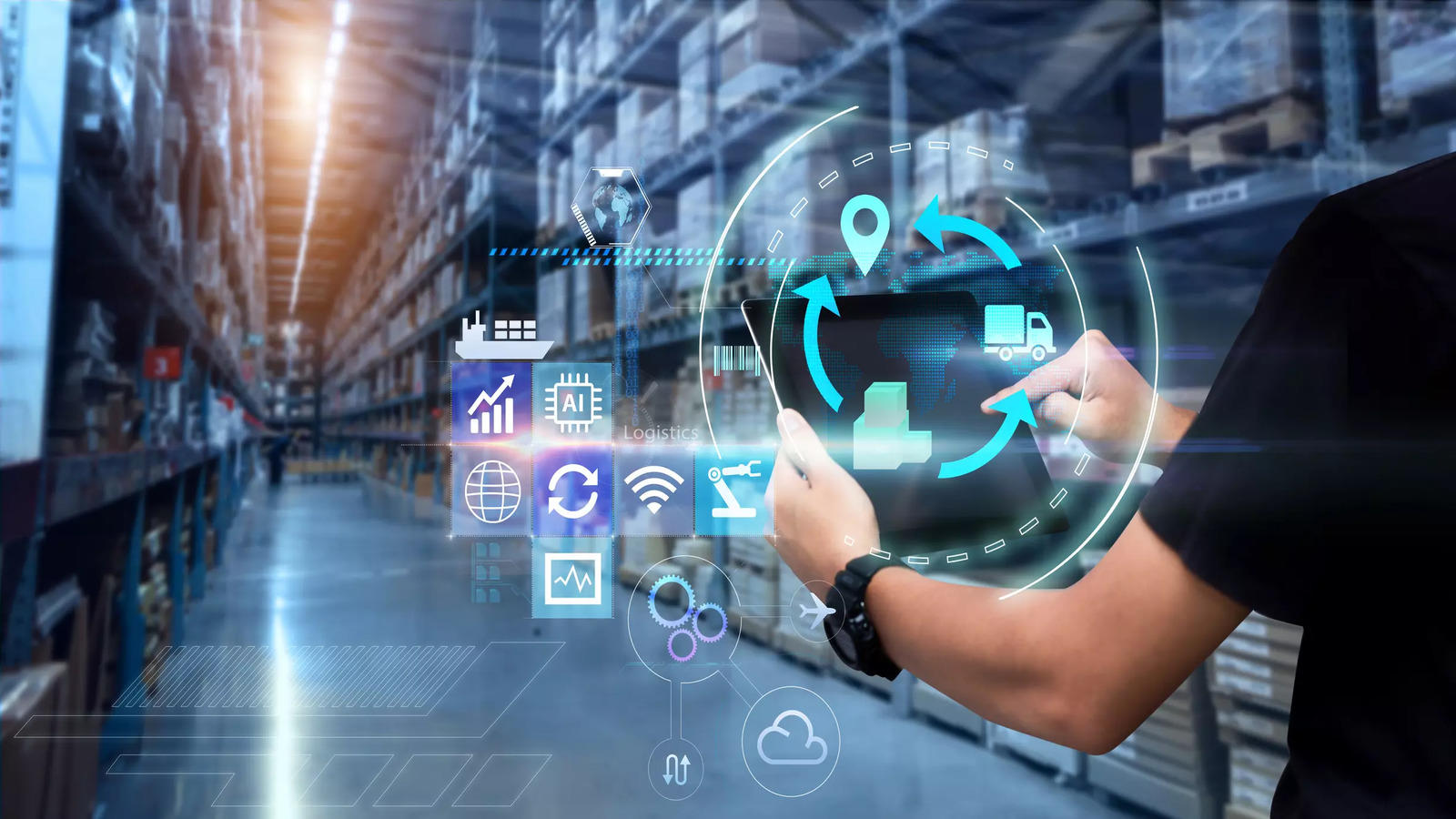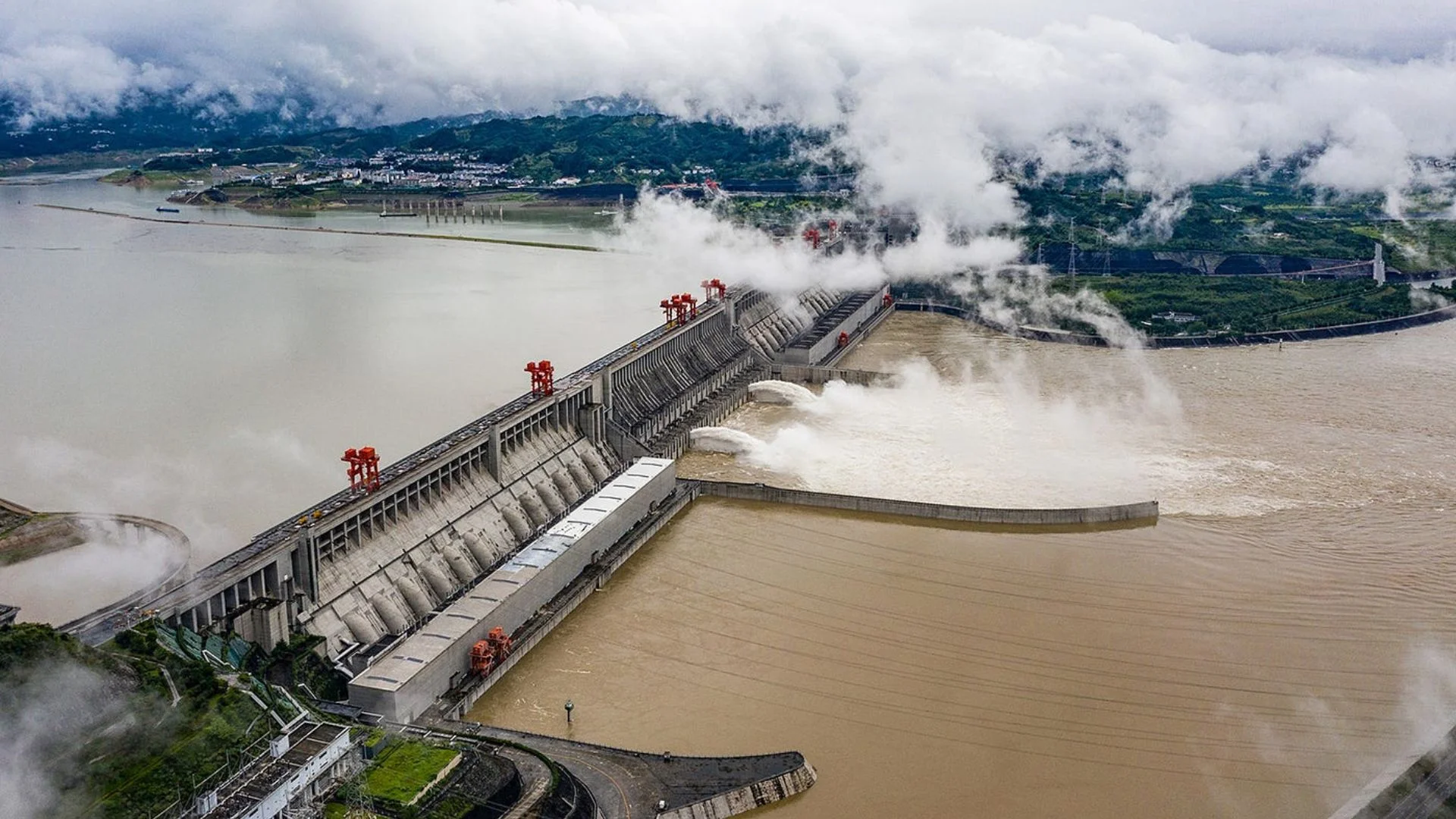
In the busy world trade landscape, ports are the critical nodes at which international supply chains converge. For a country with one of the longest coastlines globally, like India, its ports become pivotal in keeping the fuel of economic growth running and trade moving. As the global maritime industry itself undergoes a technological revolution, Artificial Intelligence is fast becoming the tool of choice that Indian ports are turning to in order to bring efficiency to their processes and further optimize trade dynamics. How AI is Changing Indian Ports, Pushing Operational Efficiency to the Next Level, and Reshaping the Future of Trade: Let’s Take a Look.
Indian ports have traditionally faced challenges such as congestion, inefficiencies in cargo handling, and delays in logistics. Bringing in infrastructure advancements does not help in addressing these issues; it needs some strategic infusion of technology. Solving these issues can be less hectic with AI, full of promises to change the very tempo of port operations by way of advanced data analytics, automation, and predictive analytics.
One of the key areas in which AI can be said to be making a drastic change is in the smoothness of port operations. Modern ports are complex systems with plenty of moving parts involved, container handling, customs processing, logistics coordination, and so on. Now, AI-driven systems are being used to automate these processes and reduce human error while fast-tracking the turnaround time.
For example, AI algorithms can be utilized in accurately predicting from historical data and real-time inputs, optimizing the scheduling during peak traffic. This leads to better management of berth allocation, depletion of vessel waiting time and minimized congestion. Predictive maintenance powered with AI is also changing how ports manage their equipment. AI can also assist in reviewing data from machinery to predict possible failures in advance of the event, so that maintenance is proactive, not reactive.
AI is crucially enhancing the process of cargo handling which is considered a critical aspect of the port operations. Machine learning models can easily examine the data from various origins such as shipping schedules and weather conditions to handle cargo loading and unloading optimally. This eventually leads to the reduction in turn-around time and efficient utilization of resources within the port.
In addition to this, AI powered robots and the automated systems are also applicable for better handling of containers. It helps in sorting out and moving containers with less manforce involvement leading to minimizing accidents and various other risks, while increasing productivity overall. Furthermore, logistic platforms which are AI driven are enhancing the supply chain visibility with real time tracking and analytics, leading to enabling stakeholders to provide quick response to disruption and make better decisions.
AI is not only impacting the port operations, it’s also reshaping the trade dynamics. It enables the optimization of large amounts of data, permitting better decision making and strategic planning for trade.
For instance, global economic indicators, consumer behavior, and market conditions can be the key factors for AI to generalize the trends. This will allow the port authorities and businesses to be aware of changing patterns of trade and hence strategize accordingly. AI thus helps in improving demand forecasting to optimize inventory management and reduce risks from supply chain disruption.
Moreover, AI powered tools are improving customs and regulatory compliance. Automated systems can assist processing the documentation, check it for compliance against the regulations, and underline any potential issues for review. That will further increase the speed of customs clearance and lower the possibility of errors and fraud, making cross-border trade smoother.
Several ports in India have already begun to involve AI into their operations and demonstrating tangible profits. The Jawaharlal Nehru Port Trust, which is one of the leading container ports in India, has also implemented AI driven systems for the better management of berth scheduling and management. It has resulted in drastic reduction of vessel turnaround time and improving overall efficiency.
Similarly, the Chennai Port Trust is also utilizing AI for predictive maintenance of port equipment. AI models, using data obtained from sensors and historical maintenance records, will be able to predict probable failures of equipment and allow interventions well in time, thus reducing downtime.
Though the developments in this sphere are very promising, there are a lot of challenges in incorporating AI in Indian ports. Data privacy concerns, large investment needed in the technology, and related highly skilled personnel are some of the problems that need to be resolved. AI systems must also provide security and resilience guarantees against cyber threats to ensure integrity of operations.
The future of AI in Indian ports looks bright. That way, overcoming such challenges shall require continuous investment in research and development of AI, even amidst continued government support and industry collaboration.
AI is opening up a new era for Indian ports, making them smart, efficient hubs better positioned to handle the intricacies of global trade. AI is making way for a more efficient and competitive maritime sector through smoothening operations, improving cargo handling, and optimizing trade dynamics. As Indian ports continue to strive toward these technological advancements, they will not only bring about an improvement in operational efficiency but play a very important role in driving the country’s economic growth across the world. The journey has just begun, and what AI can do to shape the future of port operations is as boundless as the ocean itself.
Bhavesh Thakkar is the CEO at RASPN Shipping.















